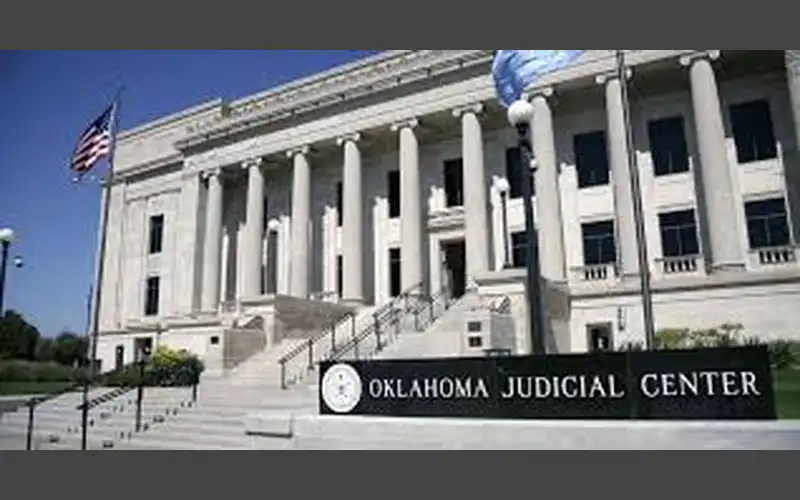OKLAHOMA CITY –
The Oklahoma Supreme Court has ruled that State Question 836 can move forward. The proposal would create open primaries, allowing all voters to see all candidates on a single ballot regardless of party. News On 6’s Sam Carrico spoke with political analysts and party leaders to break down what this could mean for Oklahoma voters.
What is State Question 836?
State Question 836 is a ballot initiative that would create open primaries in Oklahoma. All candidates, regardless of party, would appear on a single primary ballot. The top two vote-getters would advance to the general election.
What are the potential impacts of this change?
Political analyst Scott Mitchell says the initiative “has the potential over a 10 to 20 year period of changing the way Oklahoma looks very, very drastically.”
How do supporters of the measure describe it?
AJ Griffin, a former Republican state senator and organizer of the initiative, says: “It deserves to be placed in front of the voters of the state of Oklahoma.”
Griffin adds that the goal is to ensure that “every voter has an opportunity to look at every candidate, and then each elected representative must be held accountable by every voter.”
What do Republicans think about it?
State GOP Chair Charity Linch argues that the proposal would weaken political parties and mimic systems in left-leaning states.
“Don’t California my Oklahoma, please,” she said. Linch added, “The Republicans need to decide who the Republican candidate is going to be, and then let everyone decide in the general election.”
What is the Democratic Party’s stance?
Oklahoma Democratic Party Chair John Waldron supports the measure, saying: “Anything that gives voters more choice is a good idea because it improves democracy in our state.”
What is the next step for State Question 836?
Organizers will have 90 days to gather about 173,000 verified signatures. They expect to start in mid-October.
How does Senate Bill 1027 affect this process?
The state Supreme Court ruled that State Question 836 is exempt from the new state law that limits the number of people in each county who can sign a petition that calls for a state question, since it was filed before the new law took effect.

















